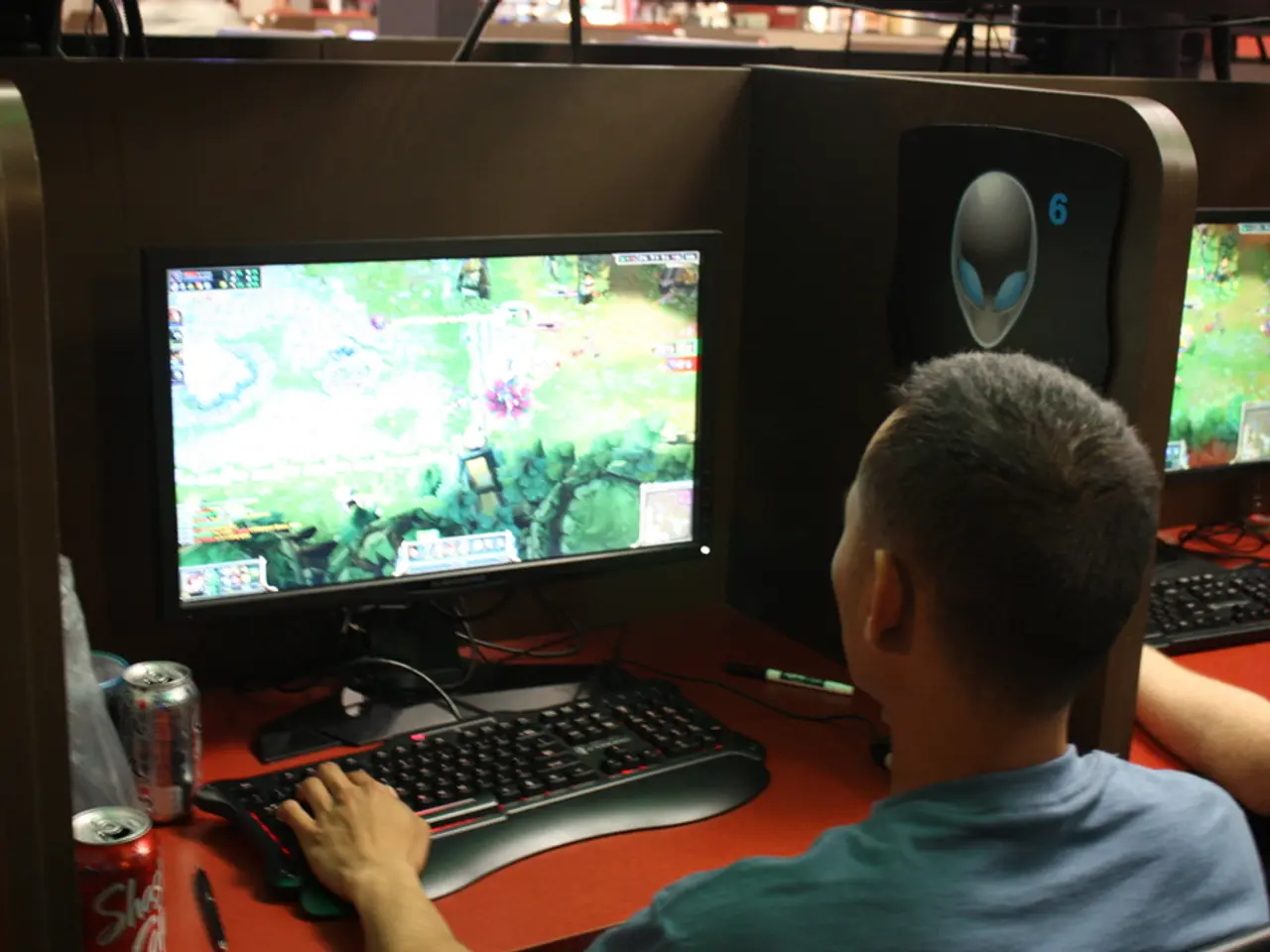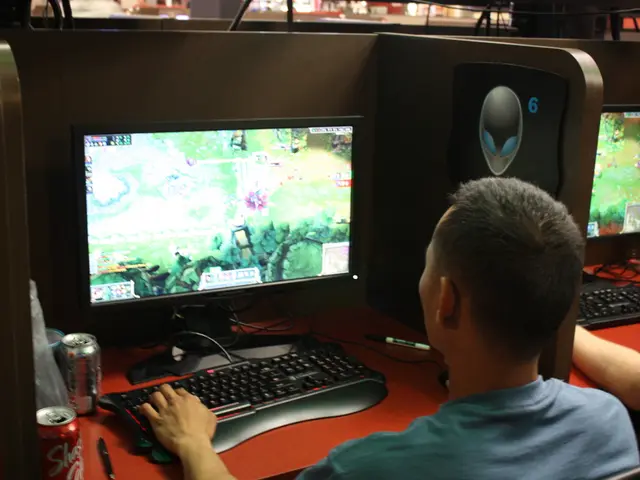Development and Advancements Transforming Today's Poker Landscape
=========================================================================
In the ever-evolving world of online gaming, poker has undergone a significant transformation, thanks to recent advancements in technology. The integration of AI-driven tools, AR/VR immersive experiences, blockchain technology, and enhanced social media and streaming features has reshaped the online poker landscape, creating a more data-driven, secure, and socially integrated ecosystem.
Artificial Intelligence (AI) has become an integral part of the game, with tools like GTO solvers and tracking software (e.g., PokerTracker, Hold’em Manager) providing players with the means to analyze hands, track stats, and refine strategies based on data rather than intuition alone. These AI tools break down complex situations, detect patterns, and eliminate guesswork, allowing both amateurs and professionals to improve continuously.
The adoption of Augmented Reality (AR) and Virtual Reality (VR) is another game-changer, immersing users in 3D simulated poker rooms where they can interact more naturally and socially with others. These technologies blur the line between physical and digital gaming, significantly enhancing user immersion and social interaction features.
Blockchain technology and cryptocurrencies have also made a significant impact, ensuring verifiable fairness and security in transactions and gameplay. By streamlining payment processes and enabling the integration of cryptocurrencies, these technologies enhance privacy and access globally. Certain platforms, like CoinPoker, leverage blockchain to offer decentralized poker experiences and transparent operations.
Online poker platforms are increasingly incorporating streaming and social connectivity, enabling players to broadcast gameplay live, share highlights, and engage with communities in real time. This trend drives player engagement and popularizes poker through platforms like Twitch and YouTube.
Leading poker apps, such as ACR Poker and BetOnline, are innovating with features like customizable interfaces, biometric logins, bomb pots, staking options, adjustable visual settings, and large-scale mobile tournaments. These platforms combine convenience with cutting-edge gameplay enhancements and offer rapid payouts.
The virtual poker landscape is populated by players from around the world, accessible from home, at any hour, using smartphones or computers. The rise of popular poker streamers has transformed poker into a spectator sport, where fans can root for their favourite players while learning. Various poker communities, forums, and Twitch streams keep players updated on the latest strategies and connect them with fellow aficionados.
Social engagement in poker cultivates a genuine sense of community, extending the reach and appreciation of poker beyond casinos. The use of blockchain in poker provides a reassuring sense of confidence in the integrity of the game, as every transaction made on a blockchain can be traced and verified.
In conclusion, the evolution of online poker reflects the forefront of innovation in 2025. From intuition-based play to AI-assisted strategy, immersive environments, and transparent transactions, the online poker ecosystem continues to evolve, benefiting players at all levels.
- The integration of AI tools in online poker has evolved the game, providing players with data-driven insights and refined strategies.
- AR and VR technologies are revolutionizing online poker, offering immersive, socially interactive gaming experiences for players.
- Blockchain technology and cryptocurrencies have made transactions more secure and global, ensuring fairness and enhancing accessibility in online poker.
- Streaming and social connectivity are integral parts of modern online poker platforms, promoting player engagement and fostering a sense of community.
- As online poker evolves, it bridges the gap between traditional gaming and emerging technologies, including artificial intelligence, casual games, and casino gambling.




